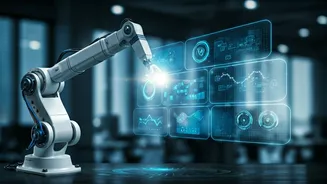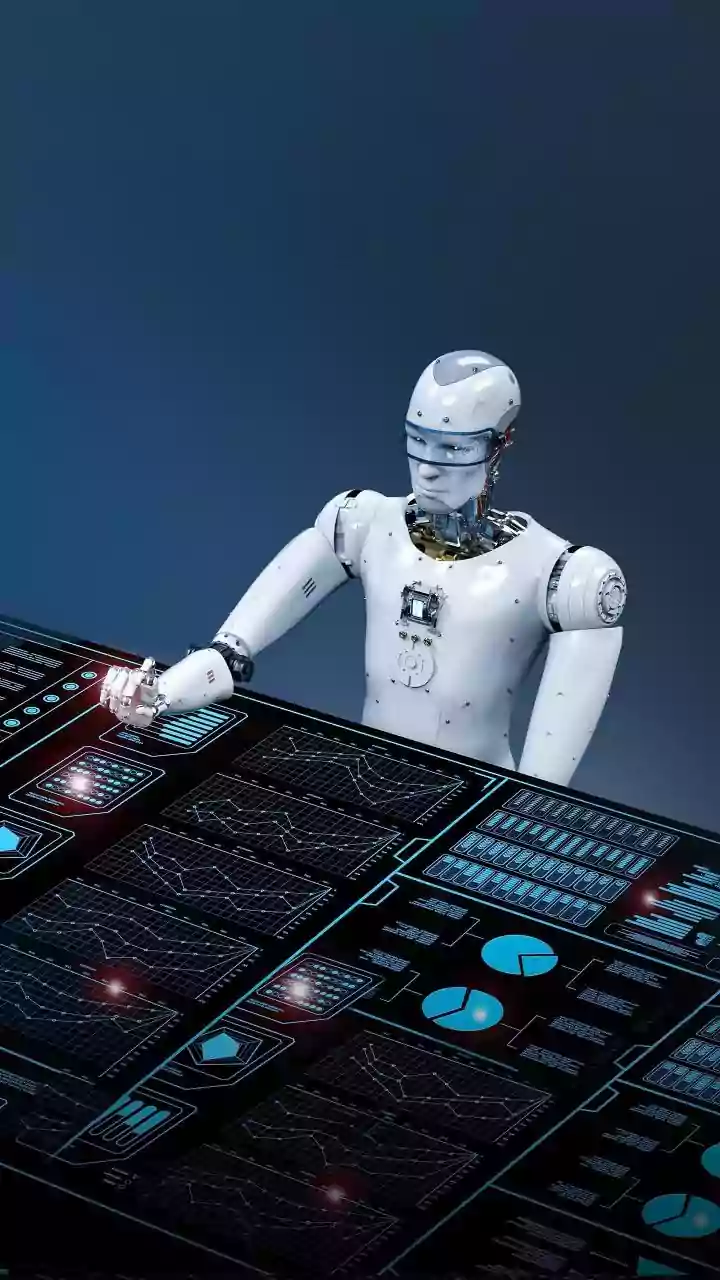AI's Top Priority
AI is now the primary focus in India's work environments, taking precedence over compensation and employee burnout. This signifies a considerable change
in how individuals perceive their jobs and the significance of technology in the modern professional sphere. This transformation illustrates that the Indian workforce is quickly adapting to integrating AI, recognizing its impact on daily work routines and career progression. Companies are starting to change their strategies and reallocate resources to accommodate AI, which demonstrates the rising importance of this innovation and its impact on the future of work.
Changing Priorities
Traditional concerns about remuneration and stress are gradually giving way to AI's significance. This paradigm shift shows a fresh focus on tools and technologies that are vital for future career prospects. As AI becomes more common, the workforce is altering its expectations, indicating a move towards enhanced technological proficiency and a greater grasp of how AI will affect their jobs. The emphasis on AI shows a readiness to embrace change and use technology for professional development. This changing attitude suggests that the workforce is ready to deal with the complexities of the digital age.
Employer vs Employee
A significant divergence exists between employer and employee perspectives on AI adoption. While businesses may see AI as a way to enhance productivity and cut costs, employees may focus on its impact on their jobs, including skill requirements and job security. The contrast emphasizes a need for open dialogue and successful strategies to handle this new reality. Bridging the gap requires thoughtful communication and comprehensive initiatives to guarantee both the employer and employee benefit from the use of AI. This approach promotes a cooperative atmosphere and enables a smooth transition into an AI-driven work landscape.
The Human Factor
With AI taking a more active role, it is essential to consider the human factor. The focus shifts toward improving human abilities and promoting interpersonal skills. Companies must concentrate on training and development programs to guarantee that employees are well-prepared for AI-driven work environments. It is essential to ensure that workers can efficiently work with AI tools, preserving their value in a rapidly changing work landscape. In an AI-integrated workplace, the ability to engage in critical thinking, creativity, and emotional intelligence becomes increasingly valuable.
Future Implications
The growing adoption of AI in Indian workplaces has far-reaching effects on the future. The increasing use of AI may result in job changes, needing individuals to learn new skills to remain competitive. The changes also have ramifications for education and training, emphasizing the significance of programs that provide workers with the necessary knowledge. Policymakers and organizations must work together to create an environment where AI may be used responsibly and fairly. By preparing for the effects of AI now, India can secure a future in which technology and human talent coexist.




















